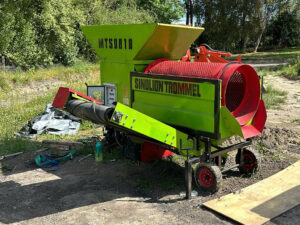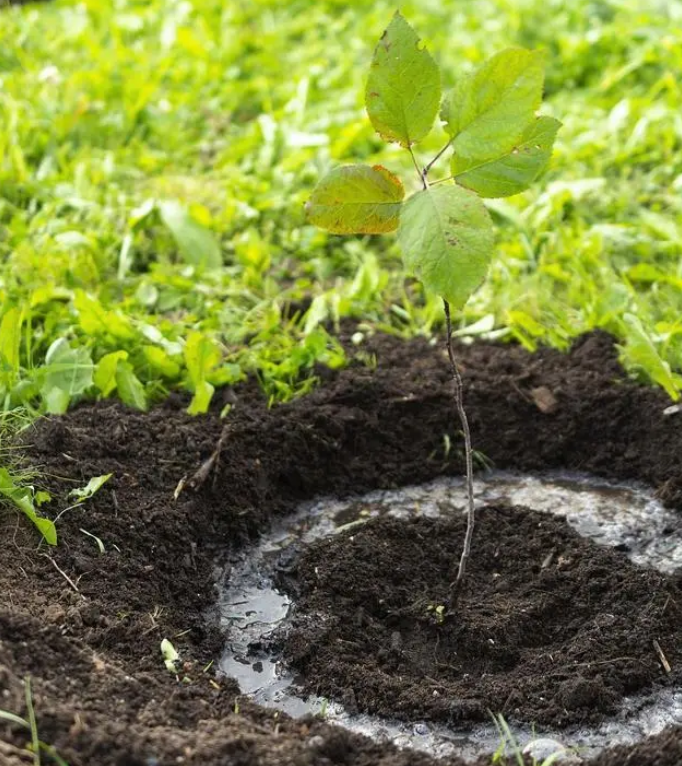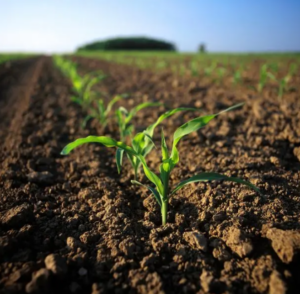Composting is a process of converting organic waste into highly valuable soil amendments and fertilizers. This process not only contributes to environmental protection and reduces the accumulation of garbage, but also helps improve soil fertility. However, many people may overlook an important step in the composting process – screening and pretreatment. This article will delve into why it is crucial to process and screen before composting, and the benefits that come with doing so.
1. Basic concepts of composting
Composting is the process of converting organic matter into nutrient rich soil amendments through the decomposition of microorganisms. This process usually requires adjusting factors such as temperature, humidity, oxygen, and carbon nitrogen ratio to promote the decomposition of organic matter. Composting can not only increase the organic matter content of soil, but also help improve the soil’s water retention capacity, aeration, and nutrient content.
2、 Pre composting treatment and screening
Before carrying out composting treatment, some preparatory work needs to be done first. These preparations include sorting, processing, and screening of raw materials. Although this process may seem tedious, it is crucial to ensure that high-quality compost is obtained in the end.
For certain organic compounds that are difficult to decompose, such as sawdust and tree branches, it is recommended to perform pretreatment. Preprocessing can include cutting large organic matter into smaller pieces, which can increase surface area and promote microbial decomposition. In addition, some wet materials can be mixed with dry materials to regulate the humidity of compost.

Screening is one of the most important steps in the composting process. By screening, substances that decompose slowly or cannot decompose at all, such as plastics, thick bark, or metal objects, can be removed. This can not only improve the quality of the final compost, but also reduce the impact on the subsequent soil.
3、 The importance of screening
The importance of screening in the composting process is reflected in the following aspects:
1. Improve the quality of compost
By screening, large chunks of incompletely decomposed material can be removed, resulting in a fine and uniform compost. This type of compost is more easily absorbed by plants and can provide better nutritional support. In addition, uniform compost is also easier to mix with soil, improving the overall texture of the soil.

2. Reduce the spread of pathogens and weed seeds
If not properly processed and screened during composting, some pathogens and weed seeds may remain, which can pose a threat to soil and crops when applied. By screening, unsuitable components can be removed, thereby reducing the risk of transmission of pathogenic microorganisms and weed seeds, and protecting soil health.
3. Increase crop yield
High quality compost can significantly improve soil fertility and structure, thereby increasing crop yields. Research has shown that the application of screened compost can effectively promote plant growth and enhance plant resistance to pests and diseases.
The screened compost can provide a better microbial environment and promote the growth of beneficial microorganisms in the soil. These beneficial microorganisms can promote the transformation and cycling of soil nutrients, enhance soil biological activity, and thus improve the overall health of the soil.
Pre treatment and screening are essential steps in the composting process. Appropriate classification, reasonable pretreatment, and meticulous screening not only improve the quality of compost, but also greatly enhance soil fertility, ensuring the healthy growth of plants. Through these measures, not only has the reduction, harmlessness, and resource utilization of garbage been achieved, but also a contribution has been made to the protection of the ecological environment.

